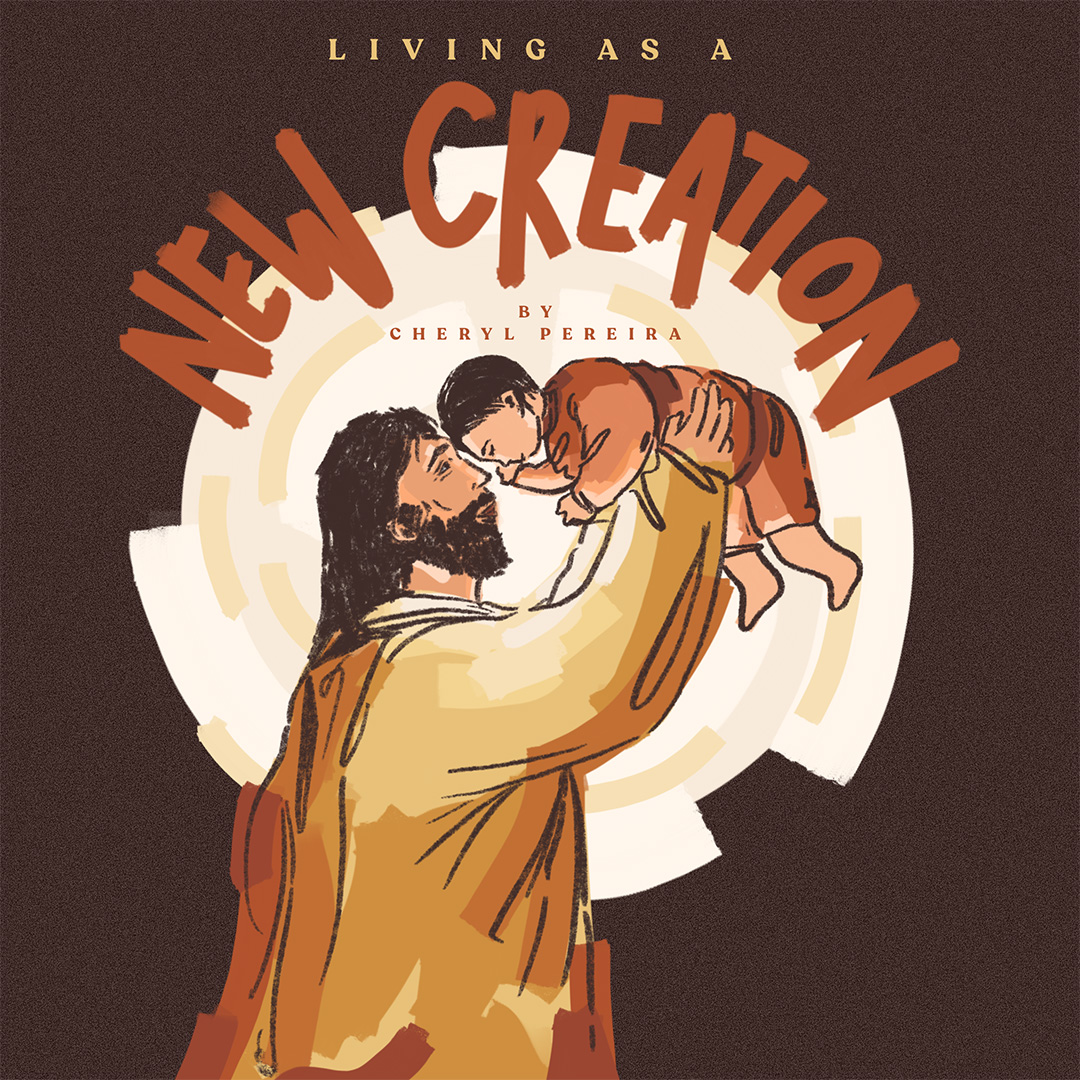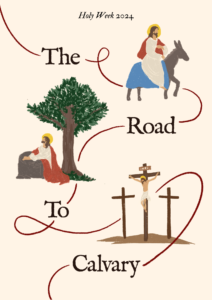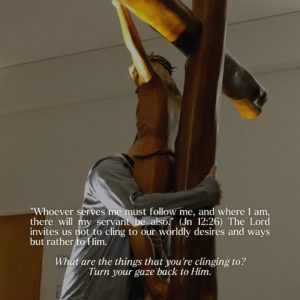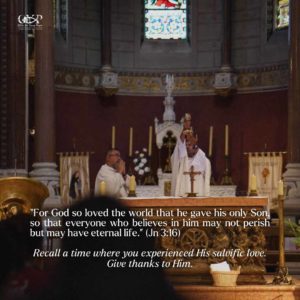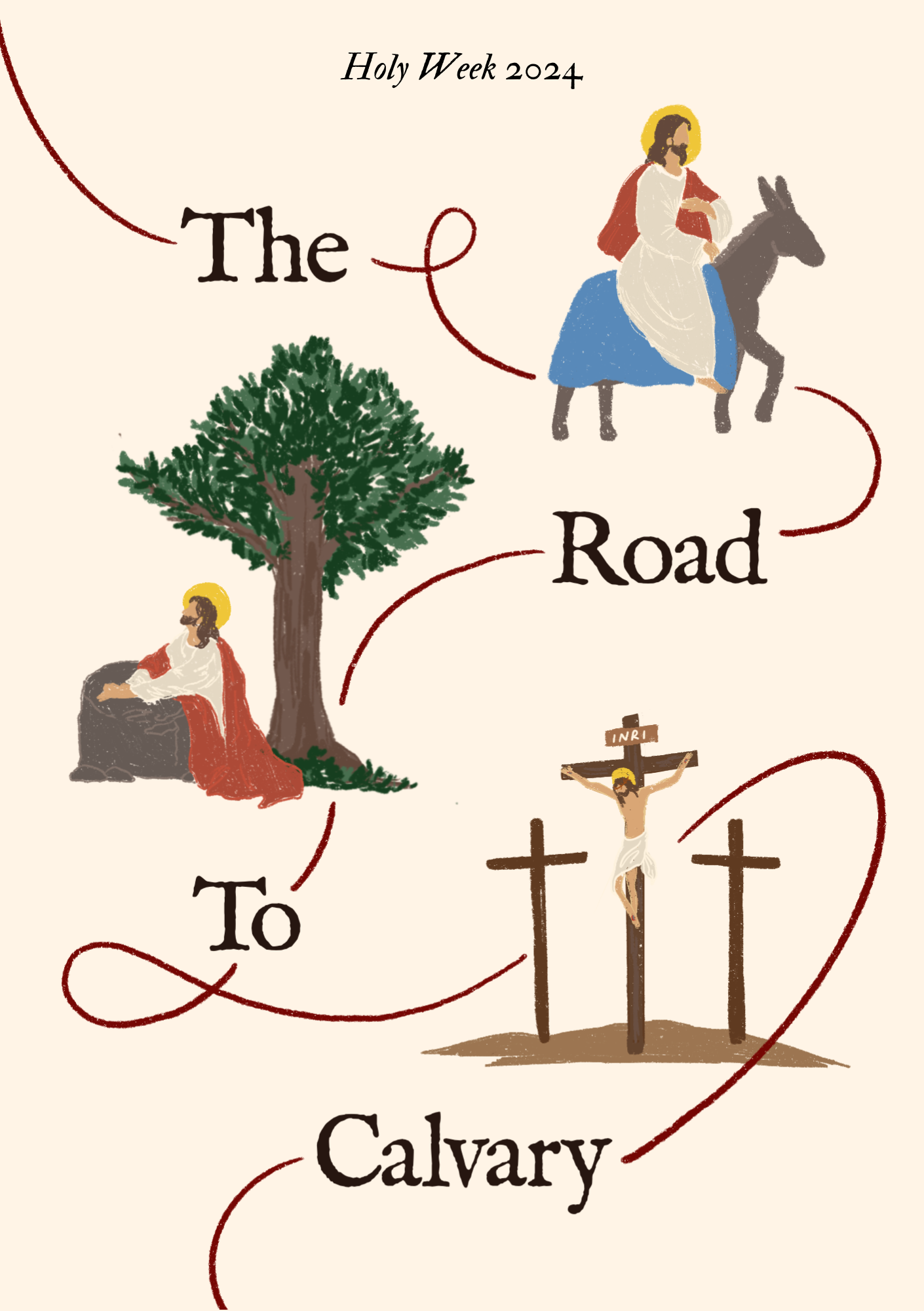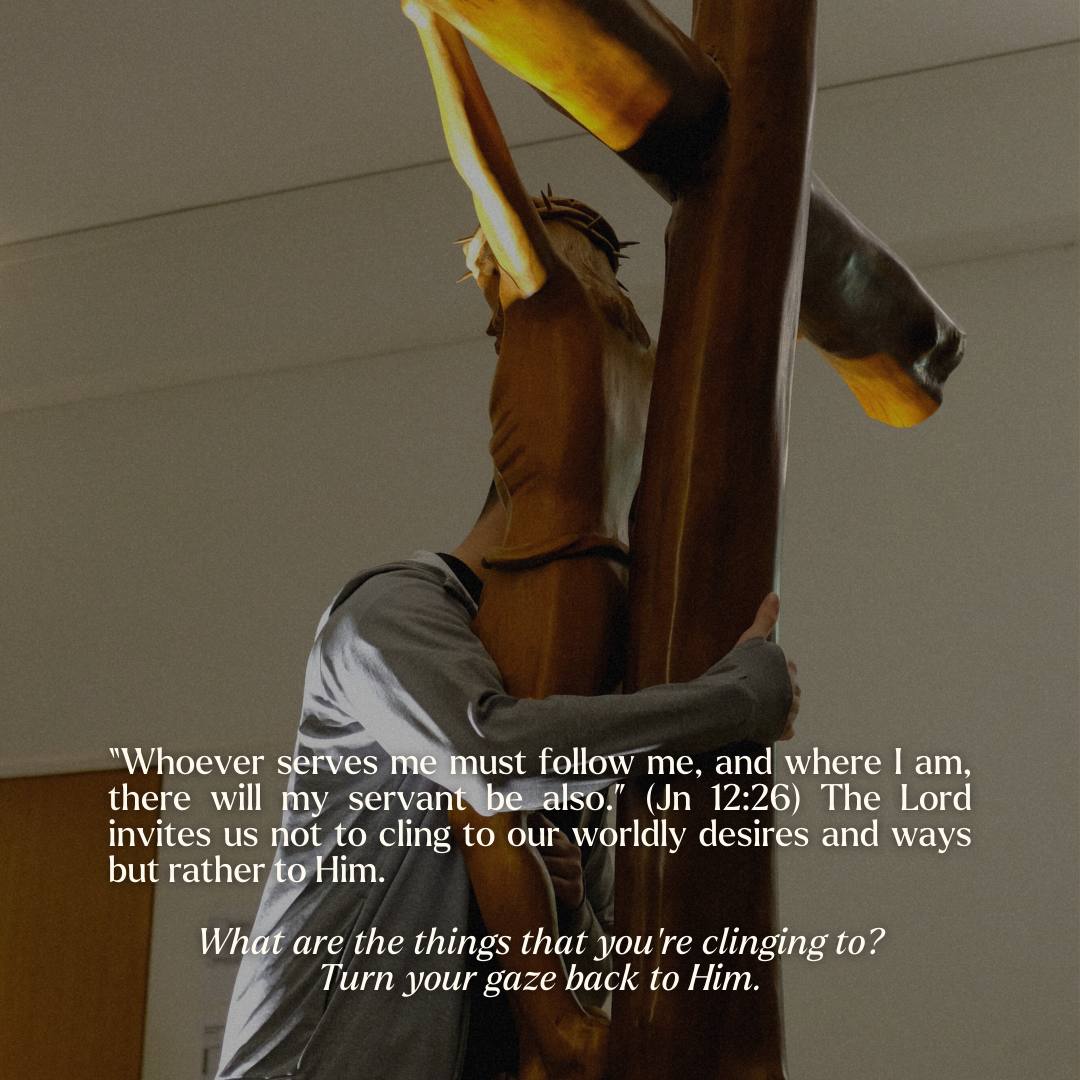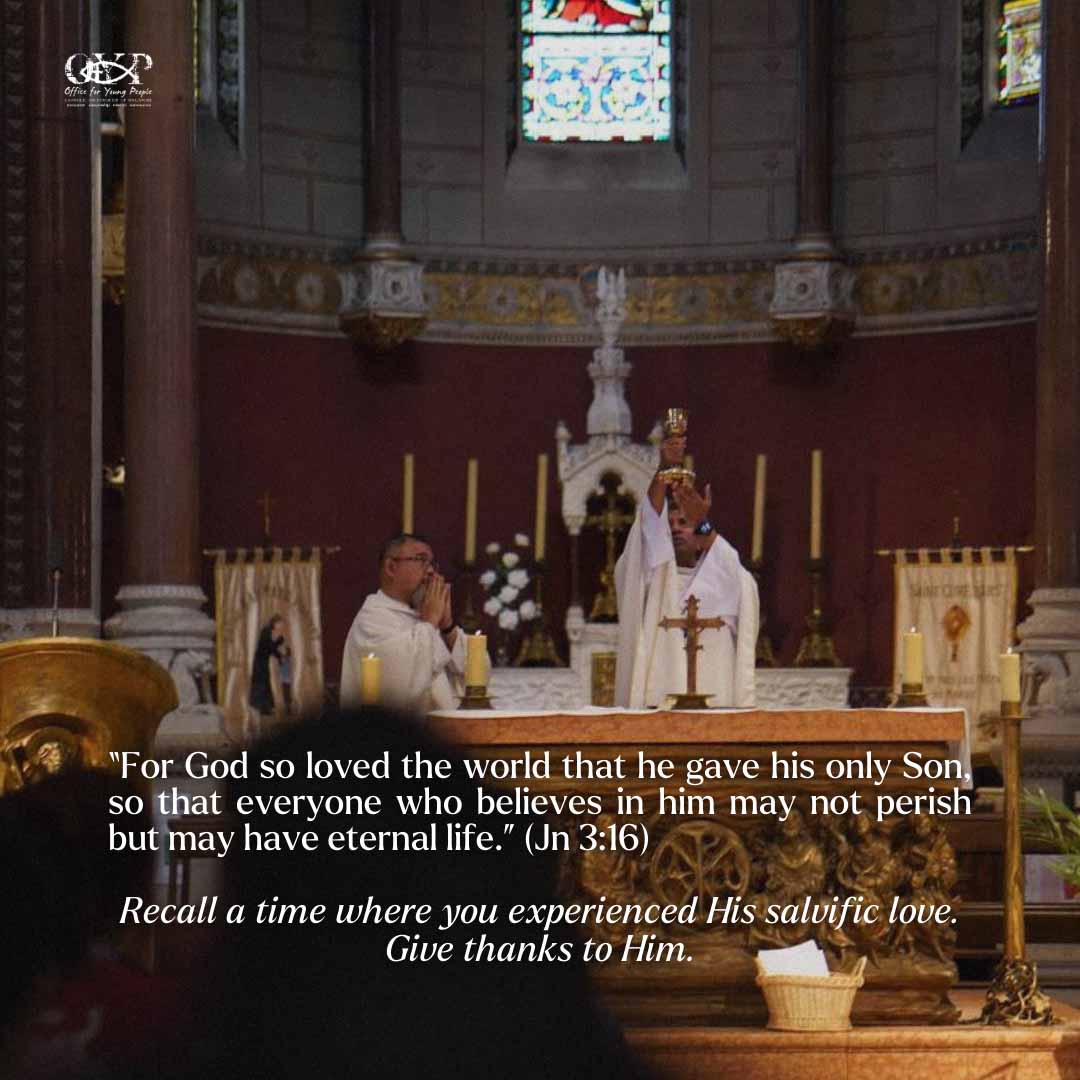
by Cheryl Pereira
Illustration by Natasha Koh
“So if anyone is in Christ, there is a new creation: everything old has passed away; see, everything has become new! All this is from God, who reconciled us to himself through Christ, and has given us the ministry of reconciliation; that is, in Christ God was reconciling the world to himself, not counting their trespasses against them, and entrusting the message of reconciliation to us.” (2 Corinthians 5:17-19)
“Jesus desires newness of life for you”, is a phrase that I often heard from my friends, but I never truly understood it. What is new life? Where do I begin to become “new”? How does one become “new”? These are questions that I pondered but never fully grasped, until Jesus began to personally transform my own life and show me what newness of life in Him really meant.
The Old
To desire the new, suggests the existence of the old. When we think of the word ‘old’, we think of words such as ‘lousy’, ‘bad’, ‘less than’ – the idea that something is older means it is outdated, and should be left behind – but is that really true? When we begin to enter into the gentle love of Jesus, we come to see that the ‘old’ in our lives have meaning and purpose. Though we often choose to be ashamed of our past, to hide away and keep it a secret, the unconditional love of Jesus shows us that we are loved despite the mistakes we might have made, or things we are not proud of. Even the old is good, and held in the loving embrace of Jesus.
The New
“New is always better” – this is a phrase some of us might have heard and come to believe. In a society where we are constantly seeking self-improvement, the word ‘new’ can often be misinterpreted as ‘perfection’. Thus, when we begin this path to newness, it might cause us to not only strive for an unrealistic version of ourselves, one free of mistakes and slip ups, but cause us to condemn ourselves for who we used to be, a ‘less than perfect’ version of ourselves- the ‘old’ me.

Old and New
When the Lord calls us, He does not ask us to deny our past and history – rather He redeems all our brokenness and turns it into something good. Jesus desires to love both our old and new parts of ourselves and use them for His glory. Very often, we might become frustrated when our ‘old’ habits start to show – but it is in that very place that newness is promised. Without the old, how can there be the new? Without death, how can there be a resurrection? Similarly, with our lives, our pain, suffering and failures are invitations for Jesus to bring more healing, love and hope into our hearts, and make us new.
In the calling of St Paul, previously known as Saul, a great persecutor of the early church, God did not shame him for who he was or his previous mistakes, but still called St Paul and used him as His instrument to build the Kingdom. In fact, it was precisely because of God’s mercy towards Paul that made him such a convicted witness to the love of Jesus Christ.
“For I am the least of the apostles, unfit to be called an apostle, because I persecuted the church of God. But by the grace of God I am what I am, and his grace toward me has not been in vain. On the contrary, I worked harder than any of them – though it was not I, but the grace of God that is with me.” (1 Corinthians 15:9-10)
It was St Paul’s recognition of his past, and how loved he was despite it, that allowed Him to claim his identity as an apostle and as son of the Father. Similarly, we too must claim our brokenness and our belovedness.
Claiming Our Brokenness
We are all made uniquely, in our strengths and gifts, but also in our unique personal history. None of us have lived an identical life to another, made the same choices, or have experienced the exact same hurts as someone else. Therefore, claiming our brokenness, is an invitation to claim God’s unique salvific work in our lives. God is a personal God, and He desires to step into the intimate, messiness of our lives and save us personally, not in a simple, generic way.
To Believe in Newness, is to Believe in Forgiveness
We all make mistakes in our life, some bigger than others. Many of us often find ourselves thinking about a certain person, event, or relationship that happened many years ago. We wish we could’ve done something differently, how we could have fixed the situation, or how we could have been better. While this is not wrong in and of itself, it can cause us to become hyper-obsessed over our own faults and limitations. It is here that Jesus offers us forgiveness and reconciliation, not just with Him and those around us, but with ourselves.

We sometimes find it difficult to believe that God forgives us for the mistakes we have made, perhaps because we struggle to forgive ourselves. It is a struggle to see ourselves with the same gentleness, patience and compassion that Jesus sees us with – which is why forgiving ourselves is a grace that we must ask God for. We must ask Jesus to help us look on our past with love and tenderness – so that the new can enter in.
The truth, my brothers and sisters, is that with Jesus, there will always be the old, and the new because Jesus constantly invites us to enter more deeply into His love and saving work in our lives. To truly embrace new life, we must be prepared to constantly surrender the old. Newness of life is a disposition of openness to the goodness that Jesus desires to bring into our lives, and a response from our end to move with Him. This Easter, let us remember that just as Jesus was raised from death to life, our lives, in its darkness, death and hopelessness, can also be raised to new life with Him.

